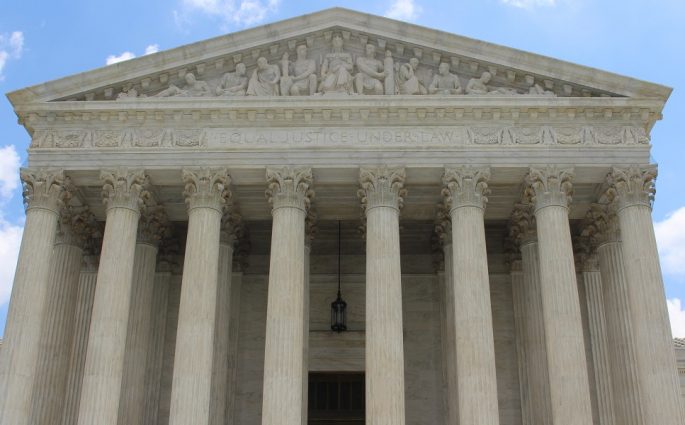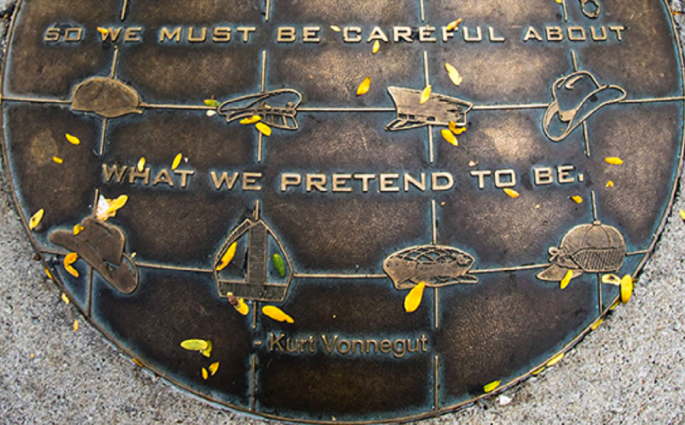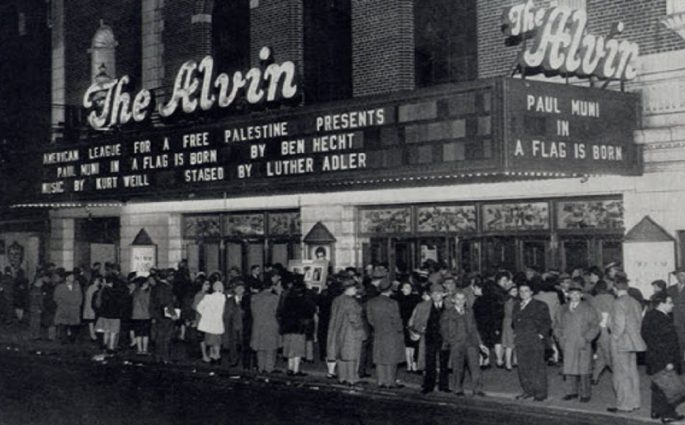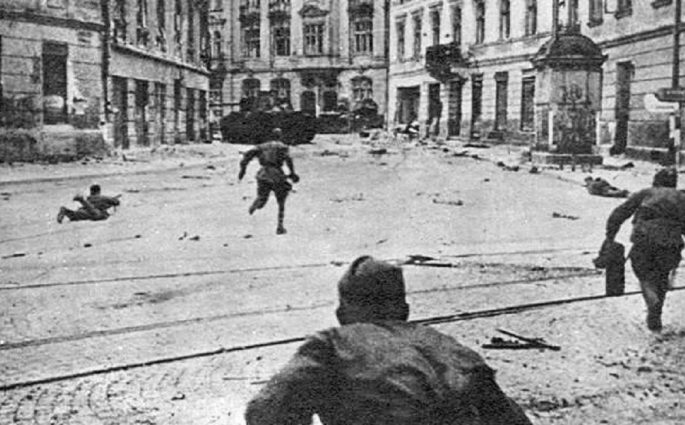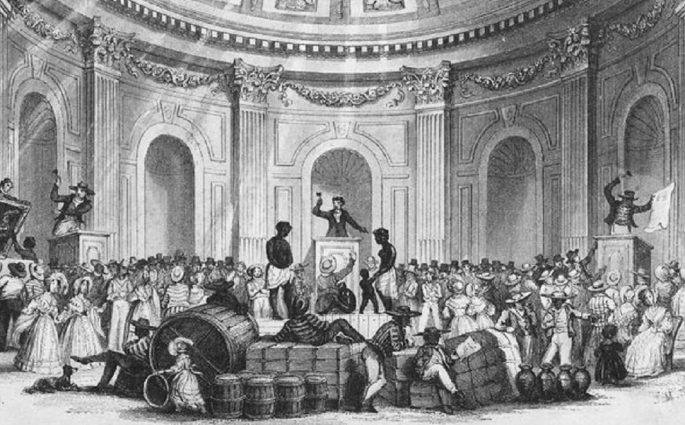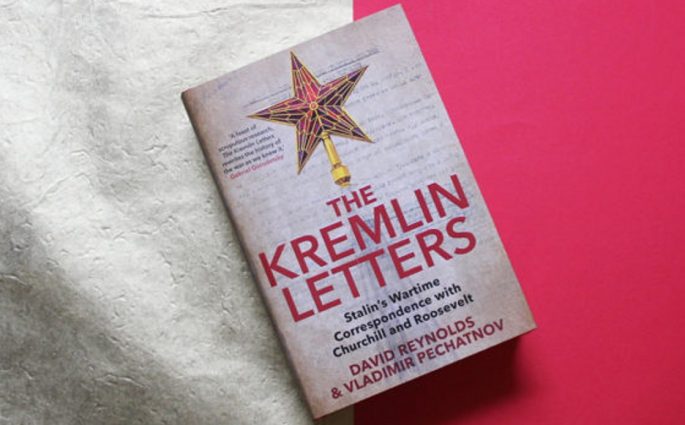Adventure Capitalism and the Frontier Question
Andrew Offenburger— In 1883, an academic and traveler named William Henry Bishop posed a question on many Americans’ minds. “What is a world to do,” he asked, “when it has no longer a West?” Bishop wondered how the United States would continue to expand beyond California, following a pattern of



